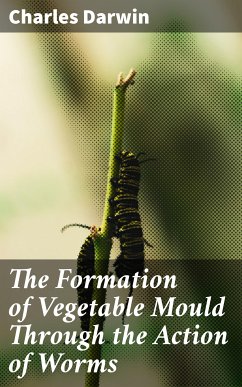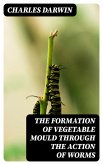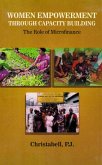In "The Formation of Vegetable Mould Through the Action of Worms," Charles Darwin presents a meticulous exploration of how earthworms contribute to the formation of soil and the overall health of terrestrial ecosystems. Written in Darwin'Äôs signature analytical style, the book combines empirical observation with reflective inquiry, providing a groundbreaking view of soil ecology. The work is not only a study of the biological and chemical processes at play but also a philosophical meditation on the interconnectedness of life, brilliantly situated within the context of Darwin's broader theories of evolution and natural selection. Charles Darwin, renowned for his revolutionary contributions to biology, was deeply influenced by his extensive observations of nature during his voyages and scientific endeavors. His fascination with the natural world, coupled with his methodological approach to scientific inquiry, led him to investigate the often-overlooked role of earthworms in soil formation. This work underscores his belief in the gradual processes of change in nature and highlights his commitment to understanding the intricacies of ecological relationships. This book is highly recommended for readers interested in ecology, environmental science, or the history of scientific thought. Darwin's eloquent prose and insightful observations make complex scientific principles accessible, inviting readers to reconsider the hidden processes that sustain our planet. Dive into this classic work to appreciate the profound impact of earthworms and their vital role in our ecosystems.
Dieser Download kann aus rechtlichen Gründen nur mit Rechnungsadresse in A, B, BG, CY, CZ, D, DK, EW, E, FIN, F, GR, H, IRL, I, LT, L, LR, M, NL, PL, P, R, S, SLO, SK ausgeliefert werden.









